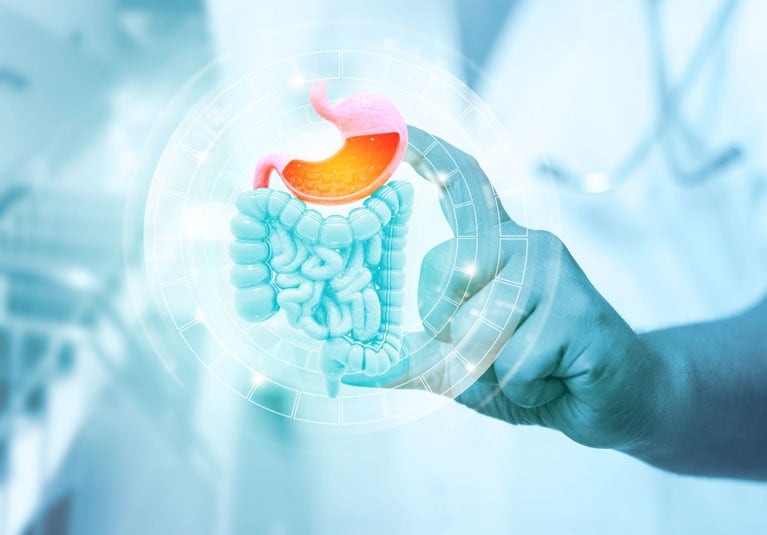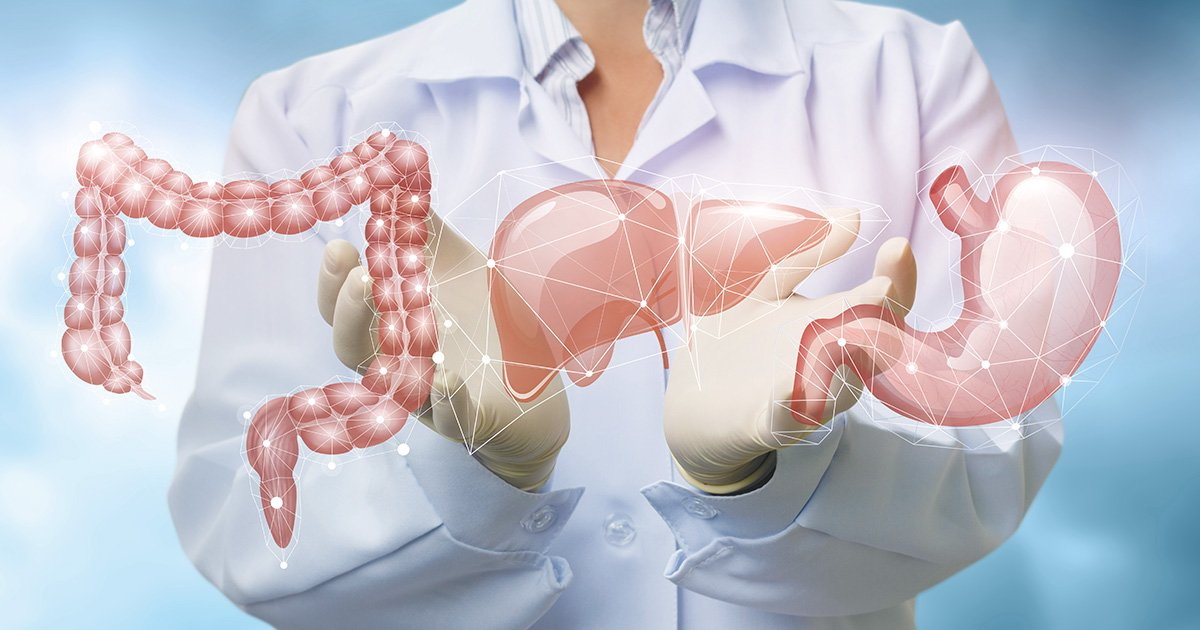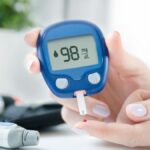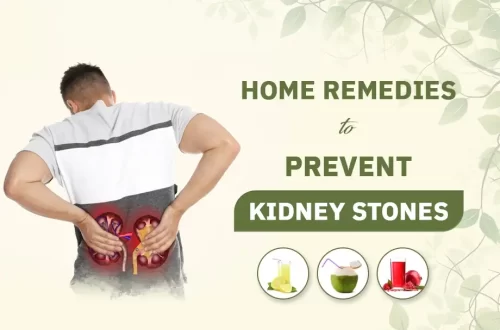How do you treat a digestive disorder?
“How do you treat a digestive disorder?” is question that may arise as a result of immediate treatment regarding digestive disorders.
Digestive problems are extremely prevalent in the UK, ranging from temporary discomfort caused by something we ate to more serious digestive diseases that may require medical treatment and lifestyle changes.
Despite the widespread nature of these issues, many people still feel uncomfortable discussing them.
It’s crucial to overcome this embarrassment and avoid suffering in silence because there are numerous treatments available. Additionally, persistent digestive problems can sometimes indicate more serious underlying health conditions.
Dr. Ramasamy Saravanan, a Consultant Gastroenterologist at The Wilmslow Hospital, which is part of HCA Healthcare UK, about five of the most common gastrointestinal problems and the potential solutions for each.
Gastroesophageal Reflux Disease (GERD)
Acid reflux occurs when the contents of your stomach flow back into your esophagus, often causing a burning pain in the center of your chest.
Experiencing acid reflux or heartburn occasionally is common, but if these symptoms occur frequently—at least twice a week—it may indicate GERD, a chronic digestive disease.
Many people can alleviate their symptoms by avoiding certain foods and beverages, taking over-the-counter antacids, or using prescription medications that reduce stomach acid production and esophageal inflammation.
Lifestyle changes can also be beneficial. These include avoiding lying down immediately after meals, elevating the head of your bed when sleeping, and quitting smoking.
However, in some cases, GERD may require more intensive treatment with medication or even surgery.
If you experience persistent heartburn, especially if it’s accompanied by bad breath, nausea, chest or upper abdominal pain, or difficulty swallowing, it is important to consult your doctor for an evaluation.
Chronic Diarrhea
Diarrhea can have numerous causes. It might result from your body’s inability to absorb food, as seen in celiac disease, or from an infection or parasite. It can also be linked to disorders such as irritable bowel syndrome (IBS), ulcerative colitis, or Crohn’s disease.
While experiencing occasional diarrhea and urgency to go is normal, frequent loose stools (three or more times per day) for an extended period (lasting at least three or four weeks) can be concerning.
Persistent diarrhea can significantly impact your quality of life and may indicate a more serious underlying condition, so it is crucial to consult your doctor.

Chronic Constipation
Constipation occurs when stool moves too slowly through your digestive system, remaining in the colon for an extended period. This causes the stool to become hard and dry, making it difficult and often painful to pass.
Chronic constipation is defined as having fewer than three bowel movements per week for three weeks or longer.
Like diarrhea, constipation has many potential causes. Commonly, it results from inadequate fiber intake or insufficient fluid consumption.
Low levels of physical activity, stress, anxiety, and certain medications can also contribute to constipation. It is frequently seen during pregnancy and for a few weeks postpartum.
While constipation can be bothersome, it is rarely caused by a serious medical condition and can typically be managed at home with simple dietary and lifestyle changes.
Treatment often begins with over-the-counter stool softeners and fiber supplements. Increasing fluid intake, especially water, is particularly important.
If dietary and lifestyle modifications do not alleviate your symptoms, it is essential to consult your doctor. There may be an underlying cause of your constipation that requires further investigation.
Gastroenteritis
Gastroenteritis is an infection of the gut caused by viruses, bacteria, or parasites. Common bacterial infections include E.coli and salmonella, while viral infections often involve norovirus and rotavirus.
You may have heard gastroenteritis referred to as stomach flu because many of its symptoms resemble those of the flu, including fever, headaches, diarrhea, and vomiting.
These symptoms typically last for a few days and can lead to dehydration, so it is crucial to drink plenty of fluids and get adequate rest during this time. To prevent spreading the infection, practice good hand hygiene.
If your symptoms persist beyond a few days, consult your doctor, as you may require treatment.
Haemorrhoids
If you notice bright red blood in the toilet bowl or experience itching around the anus, you may have haemorrhoids. Haemorrhoids are small, swollen veins in the rectal area caused by straining during bowel movements, often due to constipation and a low-fiber diet.
They can also be triggered by frequent bowel movements associated with diarrhea.
Haemorrhoids are very common, especially among people aged 45 and older, those with a family history of haemorrhoids, and pregnant women.
To treat haemorrhoids at home, increase your intake of fiber, drink more water, and exercise regularly. Over-the-counter creams and suppositories can also provide relief.
If your symptoms persist, it is important to see your doctor for further evaluation.
When Should You See a Doctor for Digestive Problems?
It is crucial to consult your doctor if you experience any persistent changes in your digestive health. While most digestive conditions are common, they can sometimes indicate a more serious issue, including cancer. You should seek medical attention without delay, especially if you experience any of the following symptoms:
- Blood in the stool
- Vomiting blood
- Sudden weight loss
- Difficulty swallowing
- Abdominal swelling
- Yellowing of the skin or eyes
- Persistent changes in bowel habits
- Worsening heartburn, stomach pain, or indigestion
Always prioritize your health by addressing these symptoms promptly with a healthcare professional.
How do you treat a digestive disorder?
Treating a digestive disorder involves a combination of lifestyle changes, dietary adjustments, medications, and sometimes medical procedures or surgery. The specific treatment plan depends on the type and severity of the digestive disorder. Here are general approaches for treating common digestive disorders:
1. Lifestyle and Dietary Changes
General Recommendations:
- Increase Fiber Intake: Eating more fruits, vegetables, whole grains, and legumes can help with both constipation and diarrhea by regulating bowel movements.
- Stay Hydrated: Drinking plenty of water helps maintain digestive health.
- Regular Exercise: Physical activity can promote regular bowel movements and reduce stress.
- Avoid Trigger Foods: Identify and avoid foods that worsen symptoms, such as spicy, fatty, or acidic foods for GERD, or lactose for those with lactose intolerance.
- Eat Smaller Meals: Eating smaller, more frequent meals can reduce symptoms of indigestion and GERD.
2. Medications
Over-the-Counter (OTC) Medications:
- Antacids: Help neutralize stomach acid and provide quick relief for heartburn and indigestion.
- Laxatives: Help relieve constipation by softening stool or stimulating bowel movements.
- Antidiarrheal Medications: Help reduce diarrhea symptoms.
Prescription Medications:
- Proton Pump Inhibitors (PPIs): Reduce stomach acid production for GERD and peptic ulcers.
- H2 Receptor Blockers: Decrease acid production and are used for GERD and ulcers.
- Antibiotics: Treat bacterial infections like H. pylori in peptic ulcers or bacterial gastroenteritis.
- Anti-inflammatory Medications: Used for inflammatory bowel diseases like Crohn’s disease and ulcerative colitis.
- Prokinetics: Help strengthen the lower esophageal sphincter and speed up stomach emptying in GERD.
3. Medical Procedures and Surgery
Endoscopy:
- Used to diagnose and sometimes treat conditions like GERD, ulcers, and blockages.
Surgery:
- Fundoplication: Surgery for severe GERD where the top of the stomach is wrapped around the lower esophagus to strengthen the sphincter.
- Bowel Resection: Removal of a diseased part of the intestine in cases of Crohn’s disease or colorectal cancer.
- Hemorrhoidectomy: Surgical removal of severe hemorrhoids.
4. Alternative and Complementary Therapies
- Probiotics: Supplements that can help balance the gut microbiota.
- Acupuncture: May help reduce symptoms of certain digestive disorders.
- Herbal Remedies: Some herbs like ginger and peppermint can alleviate nausea and digestive discomfort.
5. Monitoring and Follow-Up
- Regular Check-Ups: Essential for managing chronic conditions like IBS, Crohn’s disease, or ulcerative colitis.
- Screening Tests: Such as colonoscopy for early detection of colorectal cancer.
6. Psychological Support
- Stress Management: Techniques like meditation, yoga, and counseling can help manage symptoms exacerbated by stress.
- Cognitive Behavioral Therapy (CBT): Effective for conditions like IBS where stress and psychological factors play a significant role.
Conclusion
Treating a digestive disorder requires a comprehensive approach tailored to the specific condition and individual needs. Consulting with a healthcare professional is essential to develop an effective treatment plan and ensure proper management of the disorder.
Benefits of Eating Pomegranate

A graduate of Computer Science and Information Management Technology. Diploma – Caregiving, Certificates – Dementia and Diabetes Awareness and Management. A researcher, blogger, songwriter, singer and acoustic guitarist. Born in an environment where natural talents such as healing are imparted at our natural birth. This natural talents of healing is the result of our genetic inheritance and the training from family environment.












